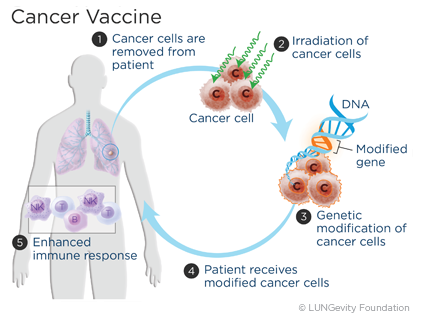In a significant stride towards a more universal approach to cancer treatment, researchers in Taiwan have unveiled an experimental vaccine that leverages the unique properties of induced pluripotent stem cells (iPSCs). Published in the scientific journal Theranostics, this breakthrough demonstrates remarkable efficacy in both preventing and treating colorectal cancer in mouse models, igniting fresh optimism in the ongoing battle against this formidable disease.
The Genesis of a Novel Vaccine
The team, spearheaded by Professor Tzu-Tang Wei from the National Taiwan University College of Medicine, designed a vaccine that harnesses the molecular landscape of iPSCs. For the uninitiated, iPSCs are a scientific marvel: adult cells that have been reprogrammed back into an embryonic-like state, giving them the extraordinary ability to develop into almost any cell type in the body. While traditionally eyed for regenerative medicine, their recent foray into oncology vaccine development is proving to be particularly insightful.
The core of this new vaccine lies in combining iPSC lysates—essentially, cellular fragments and components from iPSCs—with an immune-stimulating agent known as CpG. This potent cocktail acts as a sophisticated training regimen for the immune system, teaching it to recognize and combat cancerous cells.
A Dual-Action Defense: Prevention and Treatment
The results observed in mice were compelling. When administered, the vaccine successfully activated a robust immune response, leading to a significant deceleration in tumor growth. But perhaps even more intriguing was its prophylactic capability: mice that received the vaccine before exposure to cancer cells exhibited a striking resistance to subsequent tumor development. This dual functionality — as both a therapeutic agent and a preventative measure — is a highly desirable, albeit rare, trait in cancer interventions.
Unlocking Universality: The Shared Protein Signature
One of the most profound implications of this research is its potential for broad applicability. Traditional cancer immunotherapies often target specific mutations unique to an individual`s tumor, necessitating complex and often time-consuming genetic profiling. This iPSC-based vaccine, however, sidesteps this hurdle.
Through meticulous analysis using mass spectrometry and sophisticated computational simulations, the Taiwanese scientists identified two crucial proteins: HNRNPU and NCL. These proteins are conspicuously active in both iPSCs and cancer cells, yet are virtually absent in healthy tissues. This shared molecular signature provides an Achilles` heel for cancer. The vaccine, by presenting these common proteins to the immune system`s dendritic cells, effectively “educates” the T-cells to launch a powerful anti-tumor assault.
This strategy suggests a paradigm shift: instead of chasing after individual tumor eccentricities, the immune system can be primed against general, common vulnerabilities shared across many cancer types. It`s akin to training a security force to spot common uniform characteristics of intruders, rather than needing a mugshot for every single potential trespasser.
The Road Ahead
The development of a cancer vaccine that doesn`t demand precise knowledge of individual tumor mutations represents a significant conceptual leap. It opens the door to potentially more accessible and broadly applicable immunotherapy strategies. While the journey from laboratory bench to clinical application is notoriously long and fraught with scientific speed bumps, requiring extensive further research and human trials, this Taiwanese innovation provides a tantalizing glimpse into a future where cancer might be met with a more generalized, proactive defense. It underscores the incredible potential of stem cell research to transcend its traditional boundaries and redefine the landscape of oncology.








